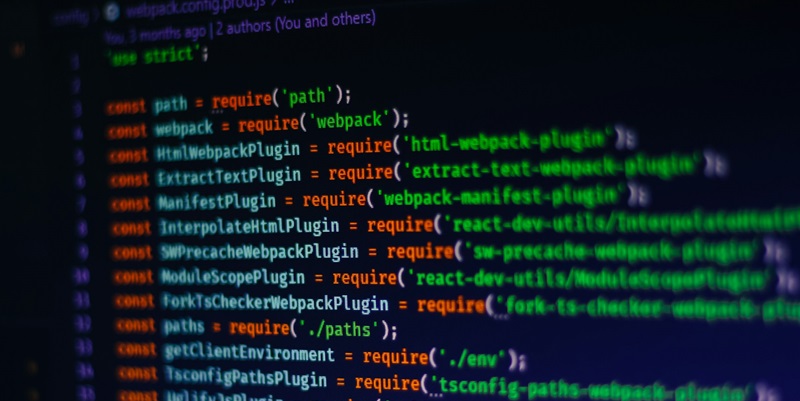The Dutch intelligence services have exposed a sophisticated cyber espionage operation, masterminded by Chinese hackers using the formidable Coat-hanger malware. This cunning attack was aimed at the very heart of the Netherlands’ defense sector, seeking to exfiltrate vital security data. The strategy leveraged the Coat-hanger malware’s advanced capabilities to breach Dutch defense networks, revealing the cyber prowess of Chinese state-backed entities. Although the Chinese sought to exploit the digital defense fortifications of the Netherlands, their efforts met with resistance. The Dutch countermeasures served as a significant bulwark, ensuring the sanctity of their sensitive information. This incident underscores the ongoing cyber espionage battles between nations and the relentless pursuit of state actors to gain intelligence domination by infiltrating foreign systems.
Unseen Intrusion
The genesis of the cyberattack was rooted in a vulnerability known as CVE-2022-42475. Fortinet, a prominent cybersecurity firm, issued a chilling warning in December 2022 when they patched a zero-day flaw being exploited by an unidentified advanced actor. This exploit served as the initial entry point for the attackers, who upon gaining a foothold, unleashed the Coat-hanger malware. Boasting stealth capabilities, Coat-hanger is a remote access Trojan (RAT) programmed to stay under the radar by intercepting and manipulating system calls that could unearth its covert operations. Its design entails a high degree of persistence, capable of withstanding system restarts and even firmware updates.
The efficiency of Coat-hanger lies in its selective deployment. Chinese hackers scrutinized vulnerable edge devices at a broad scale but reserved Coat-hanger for high-value targets. Once inside, the malware facilitated the threat actor’s ability to clandestinely maneuver within the defense network, achieving tasks such as reconnaissance and data exfiltration without triggering normal security protocols. Intriguingly, this incident signifies the first occasion the Netherlands has openly accused China of state-sponsored cyber espionage—a testament to the severity of the breach and the malware’s proficiency.
Defense and Discovery
The Dutch cyber defense’s strong partitioning was crucial in containing the Coat-hanger malware’s impact. When attackers infiltrated R&D networks, they could only retrieve limited data due to this segregation, highlighting the defense’s effectiveness. The discovered breach showcased the importance of robust monitoring and defensive layers.
Dutch authorities warn of a worrying trend where attackers target Internet-connected edge devices that often have inadequate security. They recommend a combination of frequent risk assessments, restricted access, thorough logging, timely updates, and phasing out old systems as defense strategies. This incident with Coat-hanger malware, linked to Chinese operations, emphasizes the ongoing need for relentless cybersecurity across nations to combat espionage in the digital realm.

